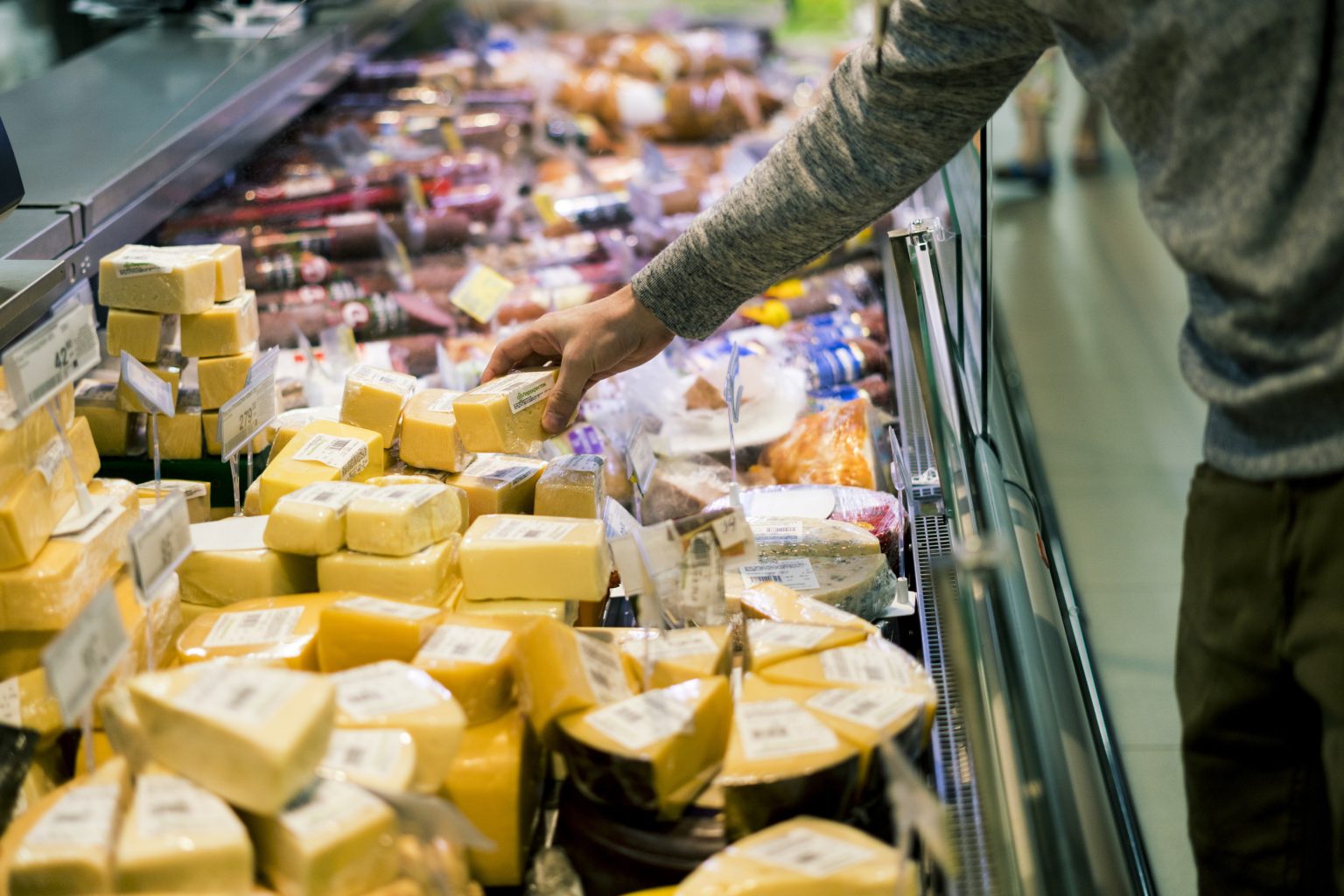Abbey Specialty Foods of Fairfield, New Jersey, recalled two varieties of their “Wicklow Gold Cheddar” cheese products sold in five states due to potential contamination with Listeria monocytogenes, a harmful bacteria. Consumers were warned that consuming contaminated food could lead to listeriosis, a serious illness that poses a significant risk to vulnerable populations such as older adults, young children, and those with weakened immune systems. The recall was initiated after the supplier of the cheese products, Wicklow Farmhouse Cheese LTD., notified Abbey Specialty Foods of the potential contamination.
The affected products include the “Wicklow Gold Cheddar Nettle & Chive” and “Wicklow Gold Cheddar Tomato & Herb,” sold in Massachusetts, Maine, New Hampshire, Ohio, and Colorado. The specific batch numbers, lot numbers, and UPC numbers for each recalled product were provided in the recall notice, along with a “sell by” date of June 2, 2025. Customers who purchased the recalled cheese were advised to return the products to the place of purchase for a full refund or dispose of them. Abbey Specialty Foods assured that distributors and retailers who received the products have been informed of the recall and have removed the items from their shelves.
In the event that someone consumed the contaminated cheese, the symptoms of listeriosis typically include diarrhea and vomiting within 24 hours. However, a more severe form of the illness can develop within two weeks, leading to symptoms such as fever, muscle aches, headache, confusion, and seizures. The Centers for Disease Control and Prevention (CDC) estimates that about 260 of the 1,600 annual listeriosis cases in the U.S. are fatal, with pregnant individuals facing additional risks such as miscarriage, stillbirth, or life-threatening infections in newborns. While no adverse health events have been reported due to the consumption of the recalled products, it is important to be aware of the potential risks associated with Listeria monocytogenes contamination.
As the recalled cheese had limited distribution and has been removed from store shelves, the impact on consumers is expected to be minimal. However, incidents of Listeria monocytogenes contamination leading to food recalls are relatively common, highlighting the importance of food safety measures and prompt recall actions. It is crucial for both producers and consumers to remain vigilant about food safety to prevent potential health risks associated with contaminated products. In the future, similar recalls may occur as a precautionary measure to protect public health and safety from harmful bacteria like Listeria monocytogenes.








